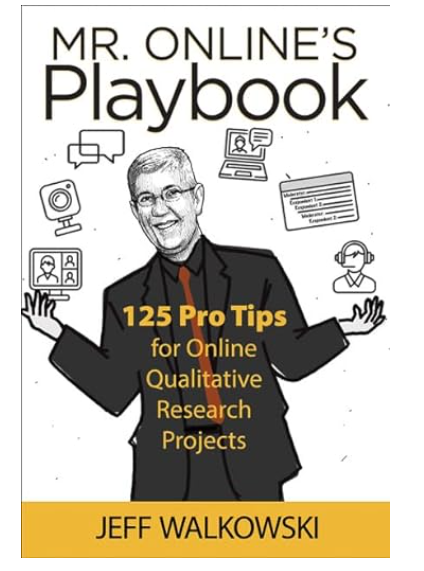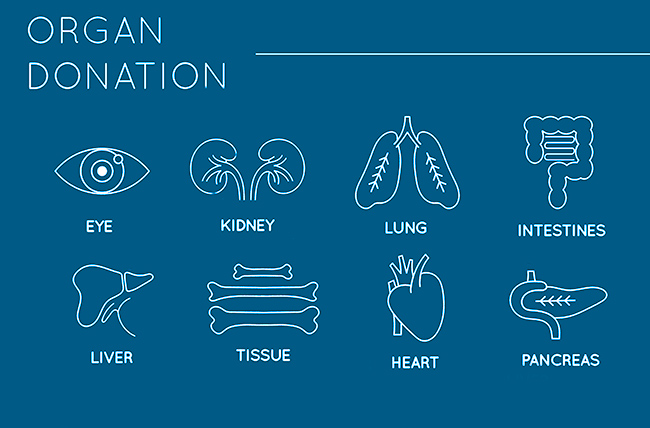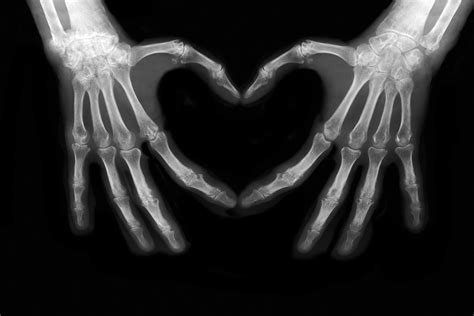Words from InsideHeads
Did you know, humans can donate organs, tissues, cells, etc. from their body when they are alive (yes, there are limitations), and also after death. Most deceased organ donations in America come from a generously checked “organ donor” box on the back of drivers licenses. I can’t believe I’m saying this, but God love the DMV.
Helping others by physically donating parts of yourself while alive is not for everyone. More people feel comfortable checking a remote box on a form that only applies if you’re dead. Others would give you an arm if they could. The beauty lies in in the diversity of thought and the undeniable equalizer of us all: humanoid.
For those who love words the way others love comfortable shoes, continue on. “Allo” means “other” in Greek, so making an allotransplant or allograft means the doctor is transferring human material between humans. While we may all be uniquely different, the vast majority of us are walking around with the same organ sandwich ingredients. If the liver in your body isn’t operating well enough, your life can be saved by either a living or a deceased donor. Yes, a living donor can donate a portion of their liver and the new liver grows like a flower from seed inside the recipient. And… the donor’s liver repairs itself. Crazy, right?
Donate Life America estimates that a single deceased donor can save the lives of up to 75 people. And then consider the friends and family who all love those 75 people. The exponential pain spare is off the charts.
Interested in learning a little or a lot? I’d start here to get the government’s assessment of the ordeal, then here, to see what’s happening to solve the problem. Here’s some more about what’s coming from InsideHeads.
Some surprising facts –
Bone Marrow Transplant Recipients and Donors have a national database and distribution procedure, while other organs (e.g., kidney, liver) do not.
Finding donors is managed locally and/or through the state, and operations for transplant are controlled by hospitals who promote their transplant services. Imagine if only certain hospitals could give you blood… it wouldn’t happen. So how are organs somehow able to operate as a form of currency between hospitals and insurance companies?
Rules of donor and recipient management vary by state and also obviously across the world. It is illegal in the United States to purchase an organ. We know that doesn’t stop it. We also know that hospitals do it, but they call it a service and the buyer is the insurance company. It’s all a little sticky.
Bottom line, regardless how you look at it, the problem is actually not supply. There are enough viable donors who die each year to provide those left on earth with needed life saving options. So it’s a sign-up problem? It’s a little more than that… but that sure sounds like a good place to start. Consider checking that “organ donor” box next time, and feel good about your life knowing you will be leaving the world a better place.
No pressure, but if you’re curious, here’s what’s needed in your neck of the woods.
Our questions breed more questions. What do you think?
More Tips & Joy






















